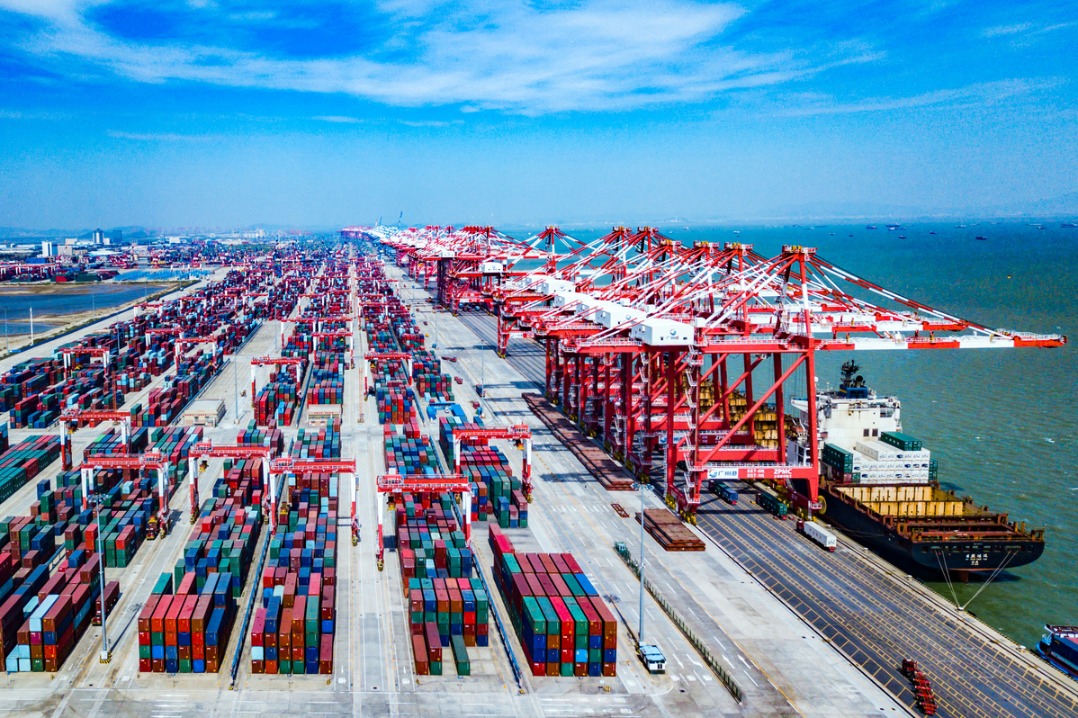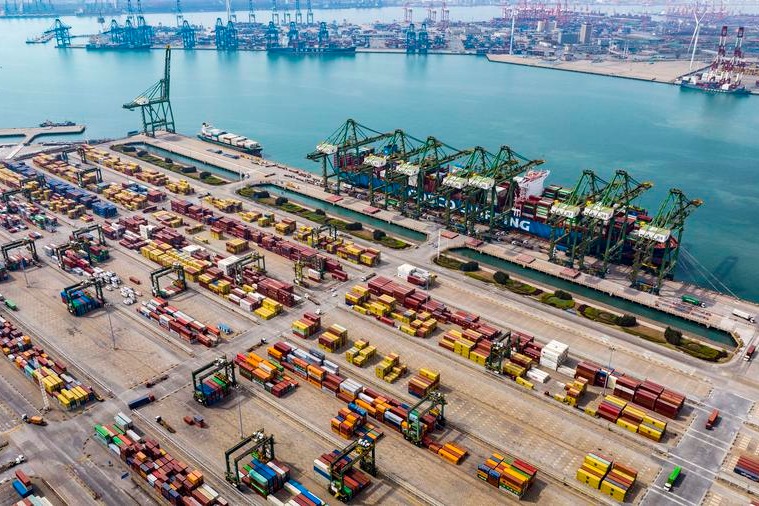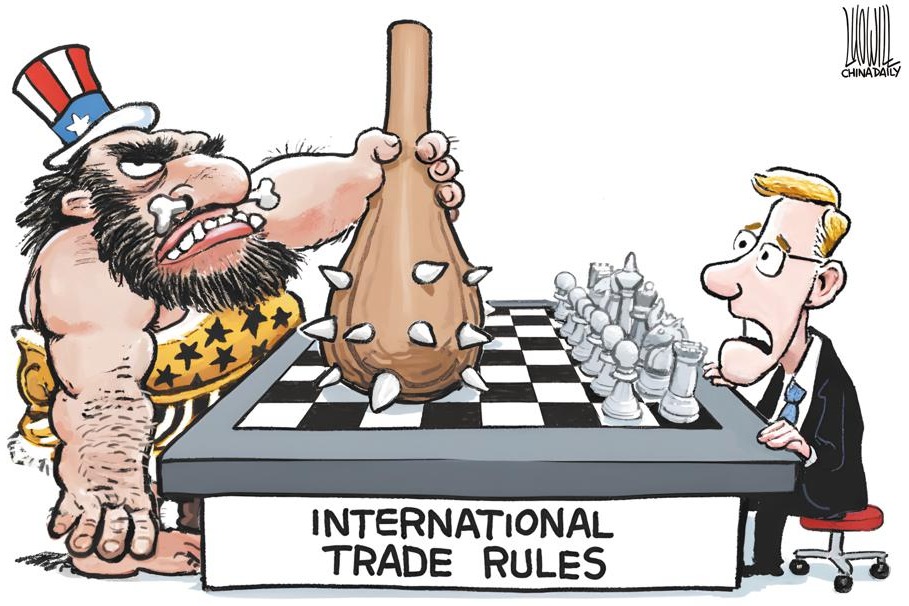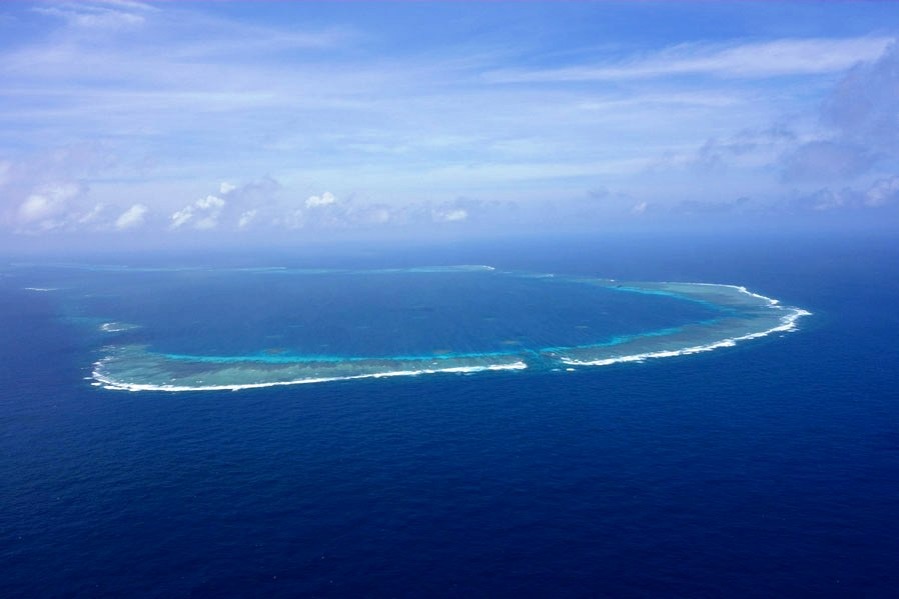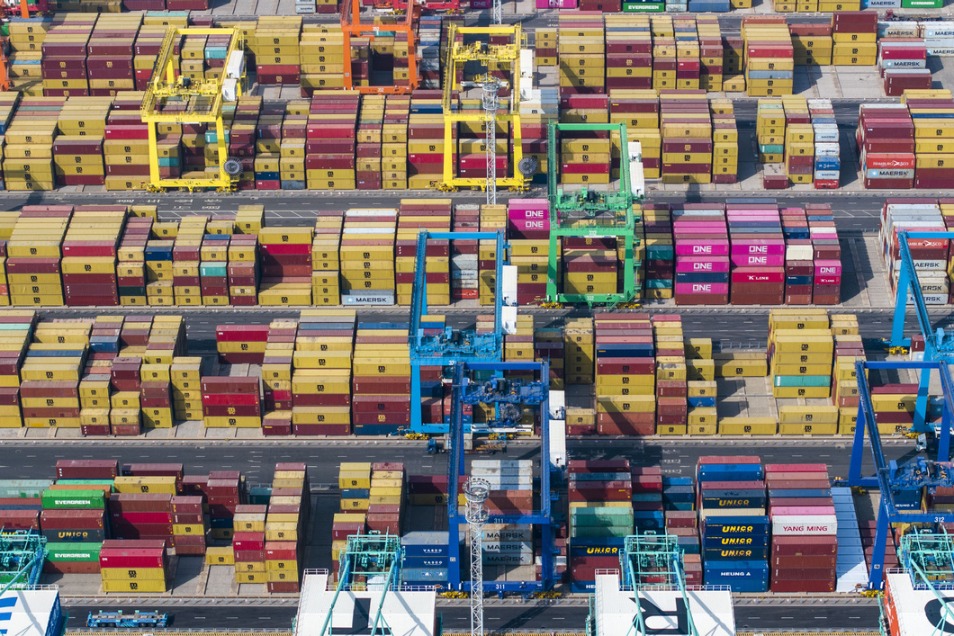Four-nation joint patrol protects Mekong River

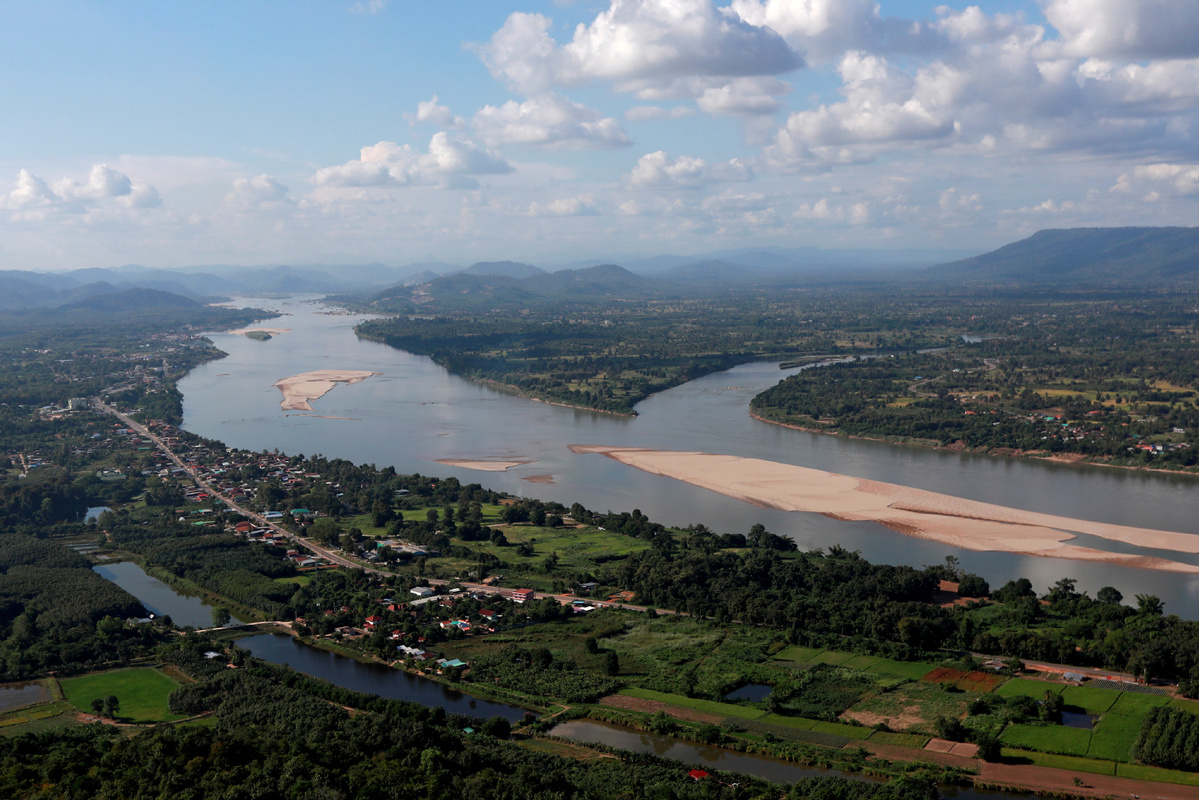
The China-Laos-Myanmar-Thailand joint patrol and law enforcement mechanism, launched in 2011, is the first joint security cooperation mechanism between the four countries for the Mekong River. It was established to meet the security challenges and better protect the region's environment to ensure the common development of the river basin.
The joint security teams cover Xishuangbanna in China's Yunnan province, the Lancang basin in China and Myanmar, the lower reaches of the Mekong River and the "Golden Triangle", escort goods-carrying ships, and patrol the 337-kilometer-long stretch of the Mekong international waterway and its coastal areas.
The four countries have conducted more than 100 joint patrols, helped maintain security on the Mekong River, escorted commercial vessels on more than 2,000 trips, rescued 130 ships and 536 people in distress, and prevented the hijacking of vessels.
Moreover, the cargo throughput at ports on the river has quadrupled, and the number of tourists increased by more than 20 percent a year. The joint patrol and law enforcement mechanism has also provided security for international waterways and restored order in the Mekong River basin, contributing to the Lancang-Mekong area's prosperity.
But more needs to be done to deepen cooperation, and strengthen joint patrol and law enforcement on the Mekong River, so as to transform it into a river of peace, cooperation and prosperity.
To remove potential safety hazards and ensure the safety of the waterway, cooperation must extend from escorting of vessels to fighting onshore crimes. And security and police cooperation should be expanded to jointly combat drug trafficking, terrorism, arms smuggling, human trafficking, illegal immigration, telecommunication fraud and other criminal activities.
There is also a need to take appropriate measures to prevent crimes, improve regional governance, prevent and control epidemics, and boost pragmatic cooperation in non-traditional security fields, in order to jointly build a peaceful Lancang-Mekong zone.
Also, the four countries should use the joint patrol and law enforcement mechanism to jointly build a sub-regional cross-border security system that includes information sharing, early warning and security assessments.
Besides, joint training of law enforcement personnel should be increased so they have the necessary skills to conduct investigation, prepare cases and prosecute suspects, and share information. This will increase the mechanism's capacity to curb cross-border crimes.
For example, given the nature of drug-related crimes in the Lancang-Mekong area, the four countries should work together to eliminate drug making and trafficking, other forms of smuggling and money laundering.
And while the laws and regulations of sub-regional joint law enforcement departments should be improved, the scope and jurisdiction of joint law enforcement should be expanded by improving the laws and regulations in social, economic and other fields, jointly building a legal system, implementing the existing agreements, and strengthening communication through bilateral and multilateral channels.
This will provide comprehensive legal guarantee for the joint patrol and law enforcement teams to combat cross-border crimes.
The four countries should also use the joint patrol and law enforcement mechanism to build a Lancang-Mekong River community with a shared future.
And the four governments should strengthen publicity and education on the prevention of cross-border crimes, and encourage local people to join the fight against criminal activities in the Mekong River basin, in order to make the four-nation joint law enforcement mechanism an ideal cooperation model which reflects the strength of the Lancang-Mekong community with a shared future.
The author is a researcher at the Institute of International Relations, Yunnan University.
The opinions expressed here are those of the writer and do not necessarily represent the views of China Daily and China Daily website.
If you have a specific expertise, or would like to share your thought about our stories, then send us your writings at opinion@chinadaily.com.cn, and comment@chinadaily.com.cn.


















